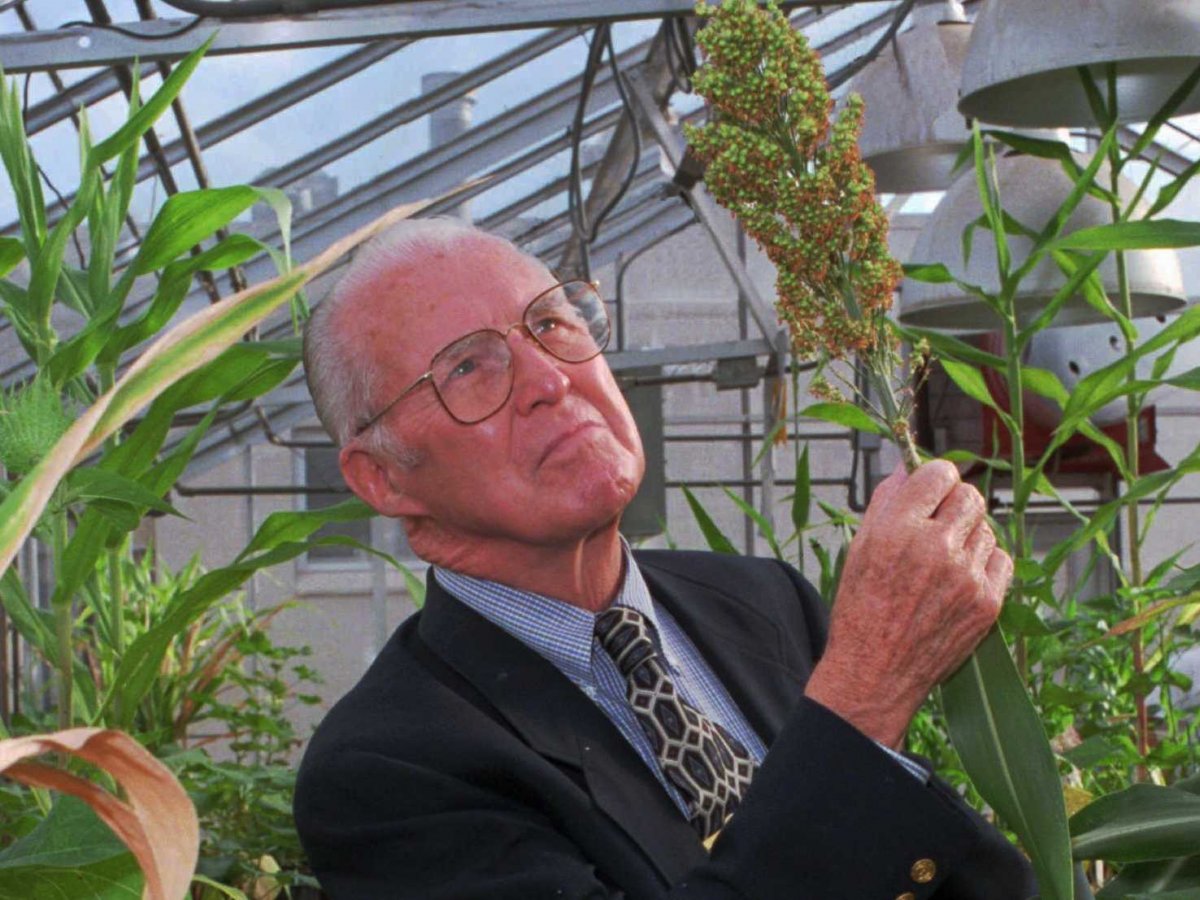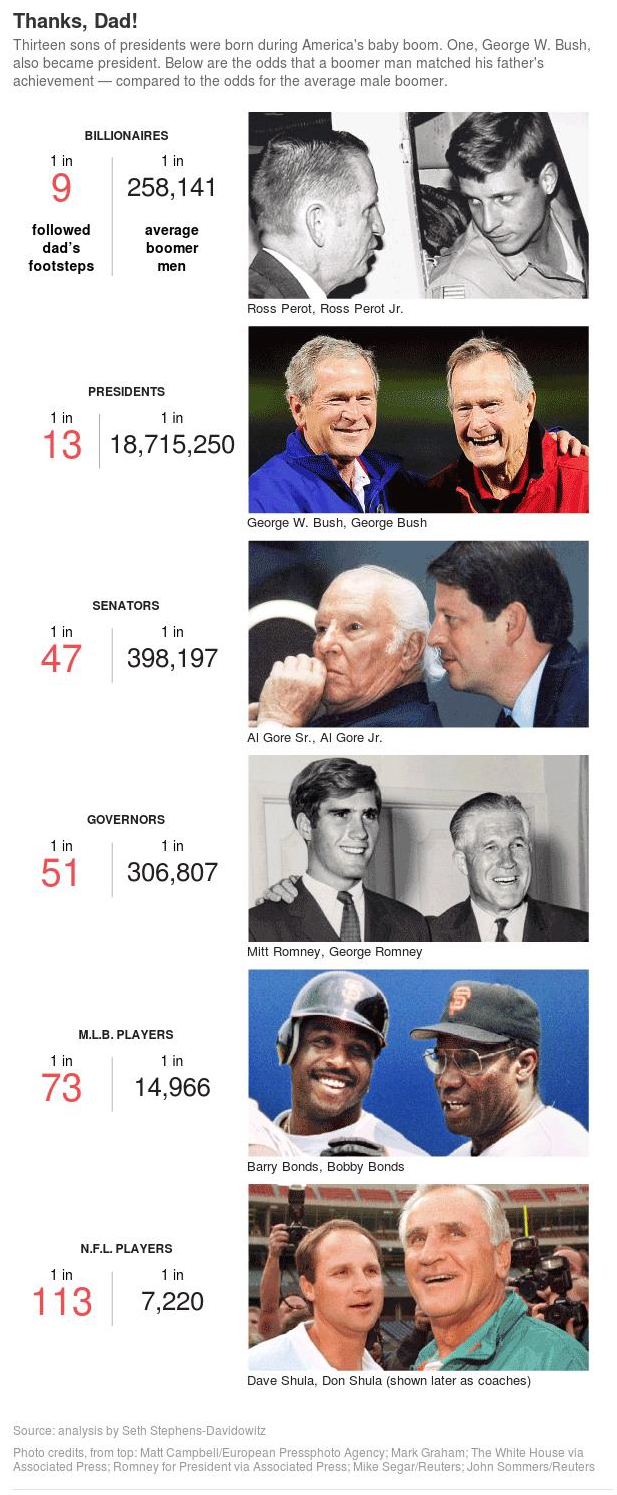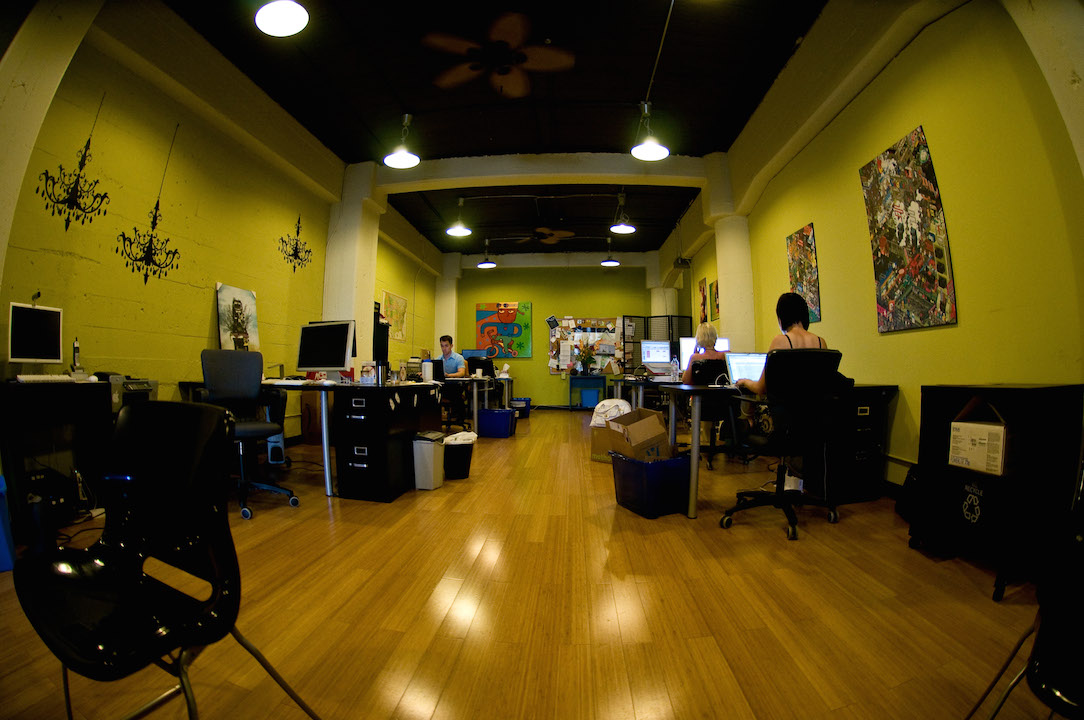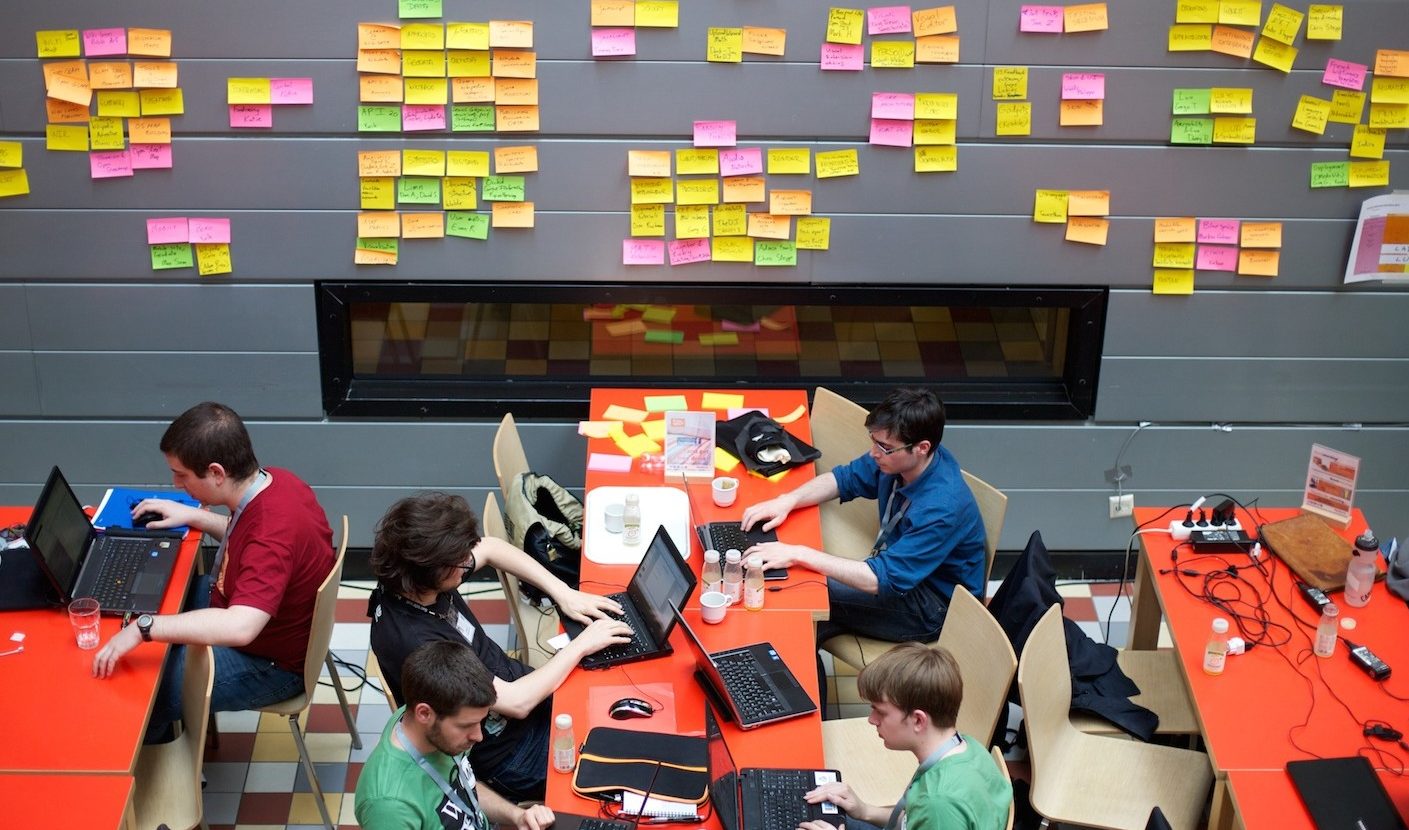Defining ‘Earning to Give’
We’ve found there’s sometimes been confusion about what ‘earning to give’ means. Here’s our working definition.
You’re earning to give if and only if:
- You deliberately pursue a career that is high-earning (given your options) in order to do good through your donations AND
- You donate a very significant proportion of your earnings, where for someone earning more than the average in rich countries, ‘very significant’ means at least 20% of income.
As with all the technical terms the effective altruism community has introduced, we should worry about how the meaning of that term might change over time as it gets more widely used. For ‘earning to give’ I think the biggest concern is that the qualifying bar for % donations goes down: I think someone who’s in a high-earning career but only giving 2% shouldn’t count as ‘earning to give,’ but I can foresee scenarios in which people start using the term that way. Of course, for someone who is not able to take a very high-earning career, the bar for % donations should be lower.
Sometimes I hear ‘earning to give’ to be used almost synonymously with ‘donating’: I think, though, that it’s more useful to keep the concept of ‘earning to give’ focused on a specific career strategy, rather than simply donating in whatever career you’re already in.



 Would Angelina Jolie have been as successful if her father wasn’t Jon Voight?
Would Angelina Jolie have been as successful if her father wasn’t Jon Voight?












